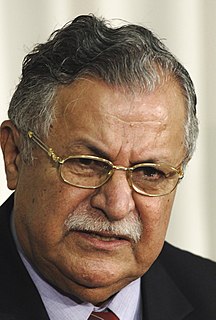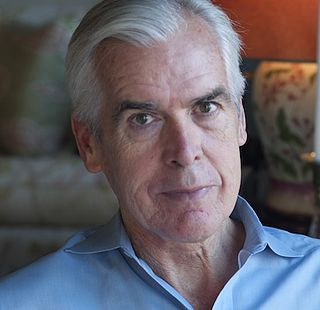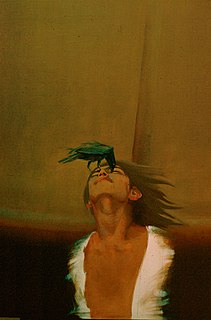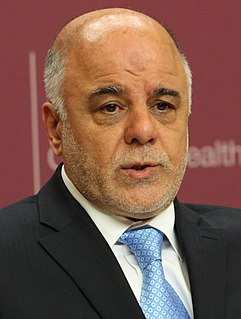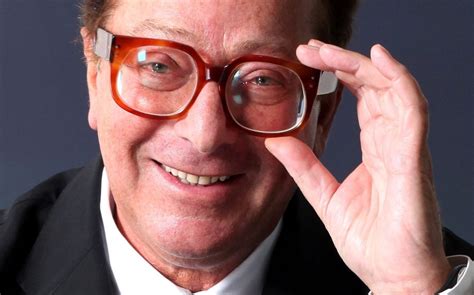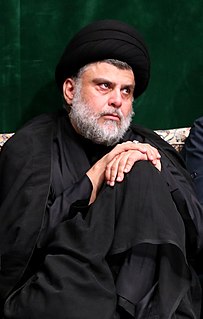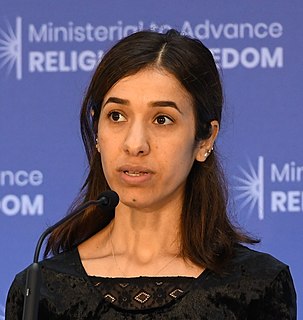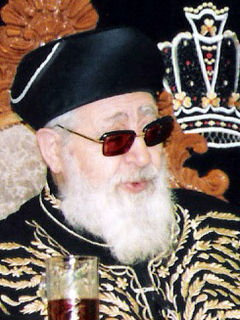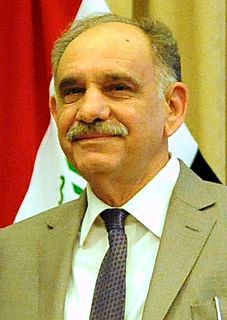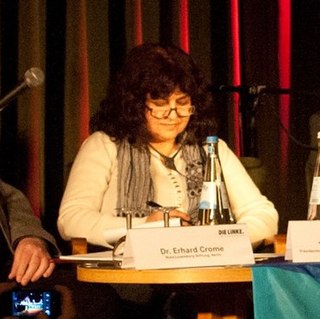A Quote by Lukman Faily
We had to restructure our military and our politics and so on. We're a new democracy. We're a nascent democracy.
Related Quotes
I am a Mexican. The United States lived seventy-five years with the one party system in Mexico - the PRI - without batting an eyelid, never demanding democracy of Mexico. Democracy came because Mexicans fought for democracy and made a democracy out of our history, our possibilities, our perspectives. Democracy is not something that can be exported like Coca-Cola. It has to be bred from the inside, according to the culture, the conditions of each country.
I had a really unusual, remarkably unusual father because he, in our family, was the one that suffered the most. He was the one that explained American democracy to me. He said, ‘Our democracy is a people’s democracy and it can be as great as people can be, and it can be great… but we are also fallible human beings.’
When we talk about Cuban democracy we are referring to participatory democracy which is big difference with representative bourgeois democracy. Our is a democracy in which everything is consulted with the people; it is a democracy in which every aspect and important decision that has an impact in the life and society of the people, is done in consultation.
Education is 'the guardian genius of our democracy.' Nothing really means more to our future, not our military defenses, not our missiles or our bombers, not our production economy, not even our democratic system of government. For all of these are worthless if we lack the brain power to support and sustain them.
The human heart is the first home of democracy. It is where we embrace our questions: Can we be equitable? Can we be generous? Can we listen with our whole beings, not just our minds, and offer our attention rather than our opinion? And do we have enough resolve in our hearts to act courageously, relentlessly, without giving up, trusting our fellow citizens to join us in our determined pursuit-a living democracy?
Rights are not the language of democracy. Compromise is what democracy is about. Rights are the language of freedom, and are absolute because their role is to protect our liberty. By using the absolute power of freedom to accomplish reforms of democracy, we have undermined democracy and diminished our freedom.
In 1988, when democracy was restored, the military establishment was still very powerful. The extremist groups were still there. And when the aid and assistance to Pakistan was cut, we had to adopt harsh economic policies. So in a way, it showed that democracy doesn't pay, and the military was able to reassert itself.









